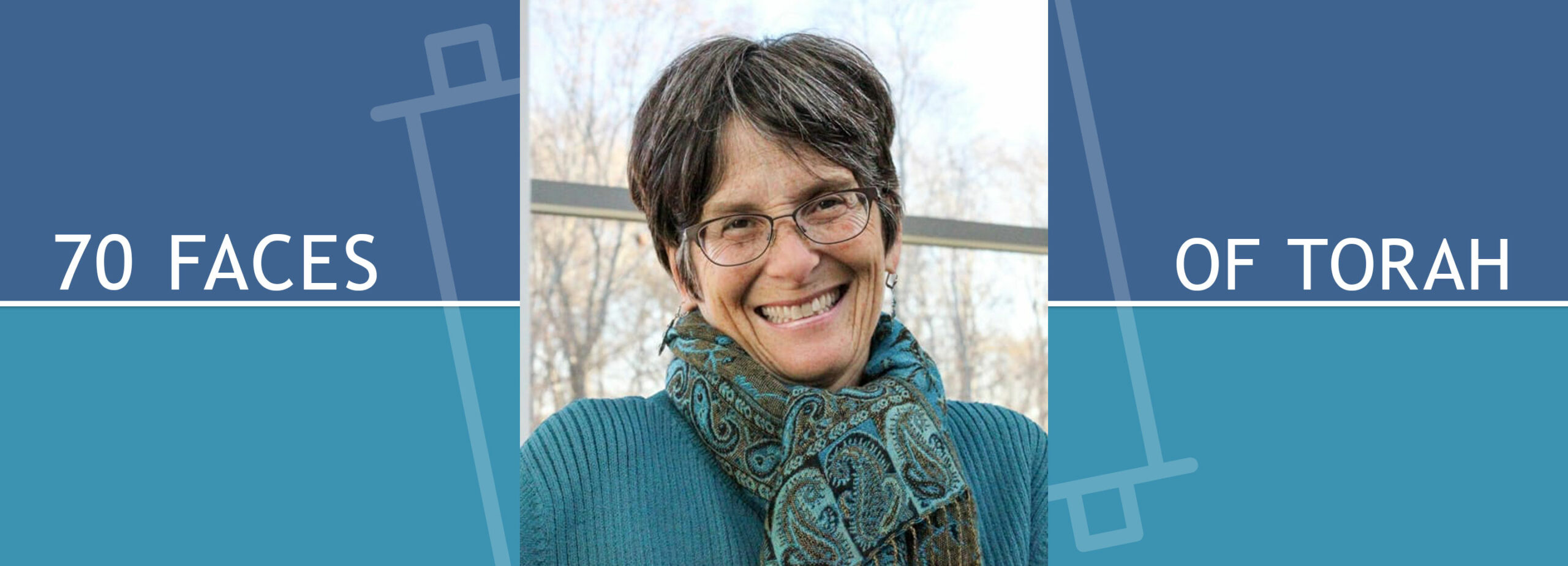Community Blog Speaking Torah: Grateful for the Fragile Gift of Life

As we begin our celebration of Sukkot this week, I am more aware than ever of the paradox at the heart of this festival.
Sukkot is known, on the one hand, as “z’man simchateinu,” or the “time of our joy.” It has its origins in the fullness of the harvest season.
We are invited, summoned—commanded, in fact—to celebrate all that we have received, to rejoice in the abundance of the earth we inhabit, to rejoice in the gift of life itself.
And yet, at the same time, the holiday is filled with reminders of the extreme fragility of those very gifts.
We leave the comfort and safety of our homes and step into the sukkah—a flimsy, temporary structure, in which we are acutely aware of the forces of the natural world and the impermanence of the possessions we pretend will protect us
We hardly need the reminder this year.
We are all too aware of the winds and rains that can tear through an entire city, a state, an island, a life.
We know in our bones how abruptly an earthquake can shake a neighborhood to its foundations and shake a community to its core.
We know—wherever we live—how the news of a diagnosis or a sudden death can leave us struggling to find our way back to solid ground.
This Shabbat we will read the following words from the Book of Ecclesiastes: “Et hakol asah yafeh b’ito gam et ha’olam natan b’libam. God brings everything to pass precisely at its time, and also puts eternity in their hearts.”
Midrash Tanhuma understands this verse (based on a creative wordplay) to mean that God hides the time of death from the human heart. Why? “Because if the Holy Blessed One had not hidden death from the human heart, it is possible that a person would not build and plant, for she might say, “Tomorrow I’m going to die, so why should I stand and tire myself out for others? Therefore, the Holy Blessed One hid from human beings the day of their death, so that every person would continue to build and to plant.”
In the face of the uncertainty of our lives, Sukkot reminds us that this is our purpose for as long as we are here: To build and to plant. To live and to give life, as joyfully, bravely, and generously as we can.
I once saw a hazan, a cantor at an Orthodox shul, leading the congregation in Hallel on Sukkot. In between each shake of the lulav, he would draw the bundle of palm, willow, and myrtle back in toward his heart. There was something so touching to me about this simple gesture; it has stayed with me all these years.
Lulav, we’re taught, is the numerical equivalent of hayim, the Hebrew word for life.
Sukkot is the holiday when, grateful for the fragile gift of life, we grab hold of it with both hands and draw it close to our hearts—even when, especially when, we are shaking.
With blessings for a chag sameach.
Rabbi Sharon Cohen Anisfeld is the President of Hebrew College in Newton Centre, MA.

